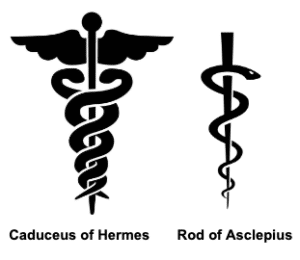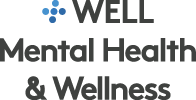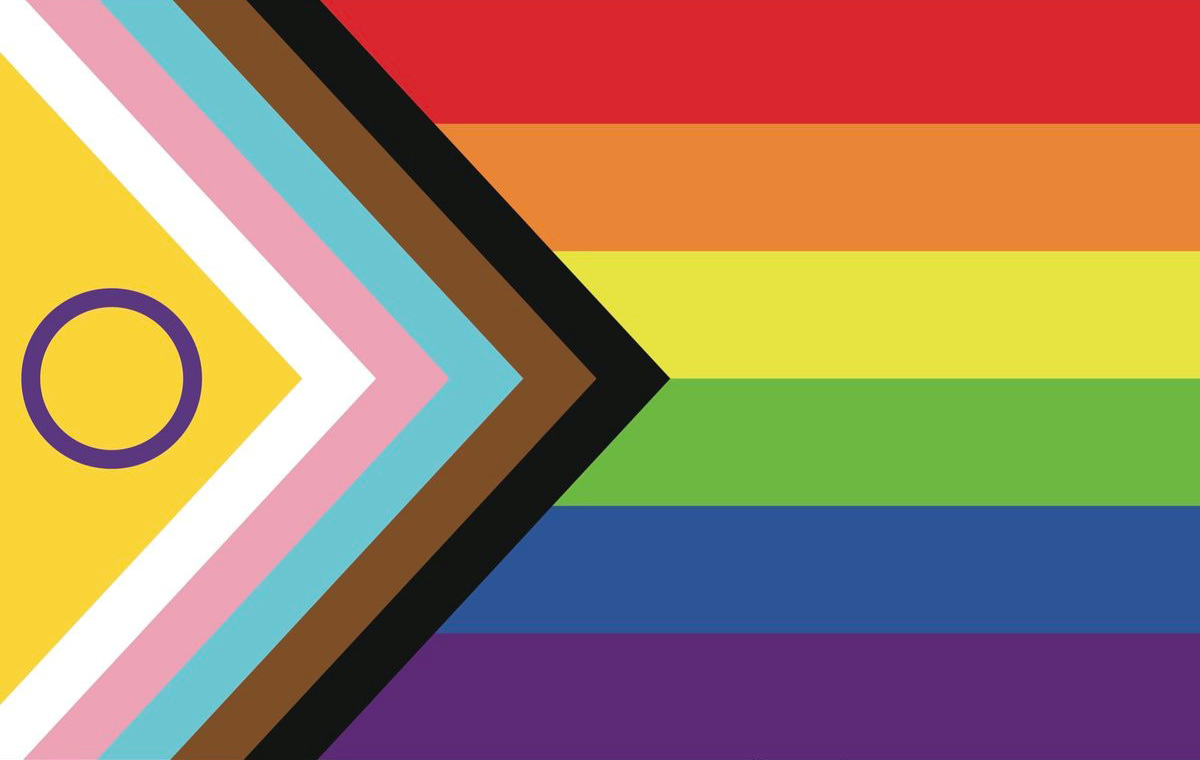Listen to the audio blog here, or continue to read below.
A Caduceus Group is for Healthcare Professionals
Most of us have seen the symbol “Caduceus” on our favourite medical show on Netflix or Crave but are less familiar with its use as the name for a healthcare professionals’ group. The Caduceus symbol (left) is often confused with another symbol, the Rod (or Staff) of Asclepius (right). This symbol is a serpent-entwined rod wielded by the Greek god Asclepius who was a revered figure of medicine.
The Rod of Asclepius is now recognized as the true symbol of the medical profession, although many organizations in the U.S. continue to use Caduceus, including addiction treatment centres.

The History of Caduceus Groups for Healthcare Professionals
With the prevalence of Alcoholics Anonymous and addiction treatment centres (rehab) opening in the U.S. in the 1970s, such as the Betty Ford Centre, the name Caduceus was adopted for recovery groups whose members were recovering medical professionals, and the name “Caduceus” stuck.
At the same time, In Canada, treatment centres based on the American rehab model adopted the Caduceus name and symbol. In 1979, The Physician Health Program of British Columbia (PHP) offered support for mental health issues and substance use disorders. As part of the doctors’ monitoring program, the PHP in B.C. mandated Caduceus meetings. Later, other provinces followed suit, including Ontario’s Physician Health Program and Nurses’ Health Program.
Physician-Led Caduceus Groups
Commonly, Caduceus meetings are facilitated by a physician who is also a member’s addiction doctor or treating physician at their treatment centre. Groups are often a mix of healthcare professionals, including nurses, paramedics, dentists, pharmacists, and veterinarians, and are based on the Alcoholics Anonymous (A.A.) 12-step program. Typically, the facilitating doctor bills their provincial public health insurance program for each member attending the group. As in A.A., directly challenging and confronting members’ behaviour aggressively in front of a large group (at times 40 to 60 people) is common and, unfortunately, is considered part of treatment.
Caduceus Groups Re-invented
According to a 2021 University of British Columbia (U.B.C.) survey, out of the healthcare professionals interviewed, 47% had been diagnosed with post-traumatic stress disorder (1). The Journal of Addiction Medicine published a U.S. study (prior to Covid) in which they interviewed doctors who a Physician Health Program was monitoring. 69.1% had a history of misusing prescription drugs (2). The primary reasons for self-medicating were managing stress, emotional/psychiatric distress, and traumatic experiences.
Greg Rennie, a Psychotherapist and Clinical Coordinator for the online Caduceus Recovery Groups at Focus Mental Wellness, has urged, “We need to take a serious look at how we treat addiction in 2022. The hardcore confrontational method no longer works. In fact, it can be harmful. Thanks to Dr. Gabor Maté and other addiction experts in Canada, we are now aware of the underlying catalyst for substance use disorders; early childhood environment and trauma experiences. Many healthcare professionals in our Caduceus groups have been impacted by collective trauma and ongoing vicarious trauma. Considering new research on trauma, we have a different approach to our groups at Focus and have changed the traditional format.”
Instead of a doctor, the online Caduceus Recovery Groups at Focus are facilitated by a certified addiction counsellor with experience running addiction recovery groups. The approach is compassionate yet structured, and members openly support and respectfully challenge each other’s relapse behaviour. Rennie has found that this new environment encourages honest disclosure and invokes a supportive community that helps each other stay abstinent and improve overall mental wellness while adhering to a mandatory monitoring program. It’s also available for healthcare professionals in rural areas where it is difficult to find a local Caduceus group. Focus also has a Caduceus group for nurses only. Medical professionals who are not in a health program are also welcome. The groups at Focus are virtual and can be accessed on a laptop, smartphone, or tablet.
One of their group members, an Ontario physician, stated, “While I am currently compelled to attend by my licensing body, I fully intend to continue with this group for the foreseeable future. The responsibilities in my profession can be heavy, and I cherish the opportunity to debrief with colleagues of a similar background who have faced similar challenges with addiction.”
To find out more about the online Caduceus Recovery Groups available in the Health Care Professionals Program at Focus Mental Wellness, learn more here or email Greg Rennie at info@focusmw.com.
_____________________________________________________________________
Source:
U.B.C. School of Nursing Study: https://www.mdpi.com/2227-9032/9/1/84
Journal of Addiction Medicine: Volume 7, Number 5, September/October 2013 http://www.antoniocasella.eu/archila/Merlo_2013.pdf



